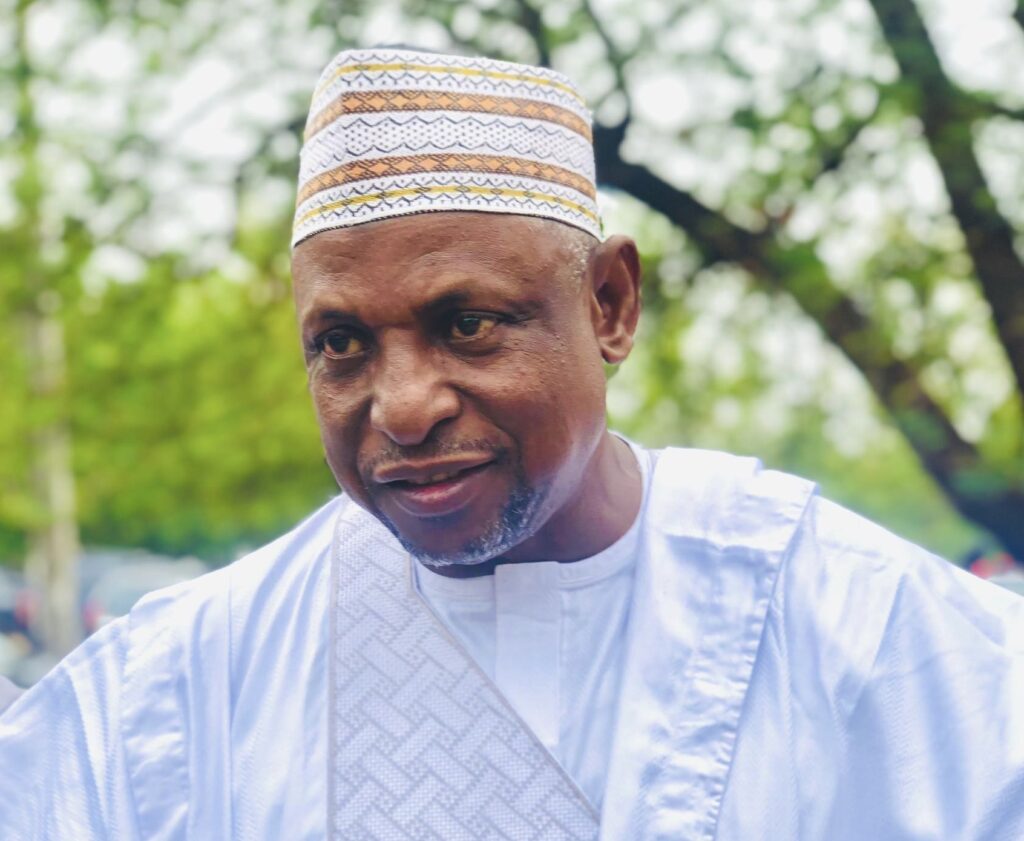It is no longer news that the regime of Bashir Assad has fallen. The aftermath of the rebel takeover in Syria, is what observers would want predict. No doubt series of significant events and developments, both domestically and internationally would onfold.
The consequences that followed the takeover carries far-reaching consequences not only for the Middle East but also for global peace and stability, particularly in regions like Sub-Saharan Africa. Africa south of the Sahara, already grappling with persistent instability, faces additional risks due to the proliferation of arms, mercenaries, and extremist ideologies often linked to conflict zones like Libya and the Middle East.
Rebel takeovers often lead to the looting and redistribution of arms. In Syria, vast stockpiles of sophisticated weapons have accumulated during years of conflict.
It’s feared that these weapons could find their way into Sub-Saharan Africa via illegal arms markets, further fueling conflicts in already volatile regions like the Sahel, Lake Chad Basin, and the Horn of Africa.
The increased availability of arms will therefore likely empower militant groups, bandits, and separatist movements, intensifying violence and undermining efforts at stabilization.
The fall of Libya following the Arab Spring for instance, provided a precedent for the migration of battle-hardened mercenaries to Sub-Saharan Africa. A similar outcome could likely arise from Syria’s collapse.
Mercenaries from Syria may be drawn to high-paying conflict zones in Africa, such as Sudan, Mali or Nigeria, where civil wars and insurgencies persist. Their presence could escalate conflicts and weaken state control.
Syria has long been a hub for extremist ideologies, attracting fighters from across the globe, including Africa. A rebel victory could fragment the region further, creating safe havens for extremist groups.
Extremist factions in Africa, such as Boko Haram, Al-Shabaab, and affiliates of ISIS, may in this case find renewed inspiration and logistical support from destabilized Middle Eastern networks.
This could indeed complicate counterterrorism efforts in Africa and heighten threats to regional and global security.
The economic and humanitarian impact of instability in Syria could also lead to a surge in refugee flows and migration pressures, impacting transit countries and regions in Sub-Saharan Africa.
The same economic strain could also overwhelm African countries hosting refugees, exacerbating poverty and social tensions in the continent.
This therefore could further stretched thin the already weakened humanitarian organizations across conflict zones in Africa. Thus, further complicating the challenges in addressing crises in the continent on multiple fronts.
The global response to a destabilized Syria may also divert international attention and resources away from the already battered conflicts ravaged African countries.
This shift could weaken ongoing peacekeeping missions and development initiatives in Africa, leaving fragile states vulnerable to collapse.
On broader geopolitical dynamics, it’s further feared that Syrian situation may boost transnational crime networks which could expand arms and human trafficking networks linking the Middle East and Africa thereby, undermining the region’s security.
This could also swell criminal activity that may destabilize governance structures in the Sub-Saharan Africa, creating opportunities for corruption and lawlessness.
Currently, Africa has been a battleground for proxy influences, with competing powers vying for access to resources and strategic positions. Rivalries among global powers like the U.S., Russia, and China in the Middle East may further spill over into Africa thereby heightening the negative effects of such influences on the continent.
Though rganizations like the African Union and ECOWAS may struggle to address the compounded instability caused by these external factors, they may be weakened this development. And consequently this could hinder any African-led solutions to peacebuilding and conflict resolution in the continent.
To mitigate these risks therefore, African nations and regional organizations must strive to take multifaceted proactive approach. Among these, is to strengthen border controls by way of investing in advanced surveillance and security technologies to curb the illegal flow of arms and mercenaries.
The African countries must also, enhance intelligence sharing through collaborating with global and regional partners to track and disrupt extremist and criminal networks.
National governments need to also, boost their counterterrorism capabilities by scaling up training and resources for security agencies to address these emerging threats.
Through the AU and all regional organizations and groups, Africa should embark on aggressive Multilateral Diplomacy to advocate for a comprehensive global approach to the Syrian crisis, emphasizing its ripple effects on Africa. This will help in attracting more attention to the continent for support and understanding.
The international community must also recognize the interconnectedness of conflicts and ensure a sustainable, inclusive approach to global security. Only through coordinated action can the cascading effects of the Syrian crisis be contained and Africa’s stability preserved.

